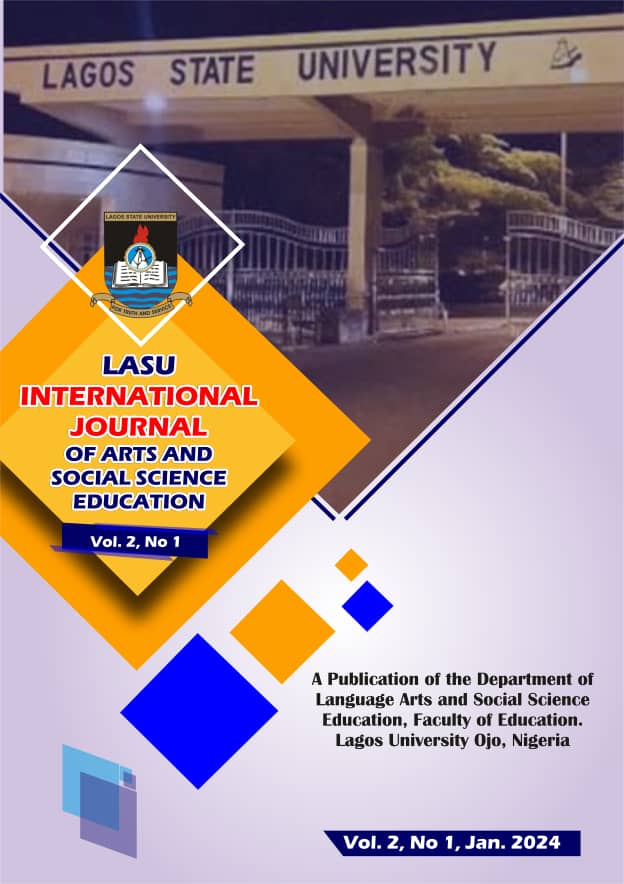EFFECTS OF GAMIFICATION AND TRADITIONAL TEACHING METHODS ON THE ACADEMIC ACHIEVEMENTS OF PRIVATE SENIOR SECONDARY SCHOOL ENGLISH LANGUAGE LEARNERS
There is a steady increase in the process of the use of the gamified approach in education, particularly in language study. This present study was to inquire about the effects of gamification and traditional teaching methods on the academic performance of private senior secondary English language students in Lagos, Nigeria. The aims of the study were to estimate the difference in the effects of gamification and traditional teaching methods on mean academic achievements scores of English learners, determine the difference in the effects of gamification on mean scores of male students and their female counterparts, amongst others. Guided by four research questions and two research hypotheses, quasi-experimental research design was adopted. The population comprised all private senior secondary school English language learners in Lagos State. Purposive and stratified random sampling techniques were employed to pick two Local Government Areas for study participants, resulting in a total sample size of 300 students. A 45-item multiple-choice vocabulary test in English, validated by experts and h ad a reliability estimate of 0.84, was used for data gathering. The gathered data were analysed using frequency, percentage, mean scores, standard deviation, and t-test statistics. Results indicate that the use of gamification as a pedagogy has a positive effect on the academic performance of both male students and their female counterparts compared to traditional teaching approaches. The study also found that the effect of gamification was more pronounced for female students. Based on these findings, the study recommends that school administrators and English language teachers and governments consider incorporating gamification strategies into their pedagogy and provide teacher training and support for the effective implementation of gamification.









